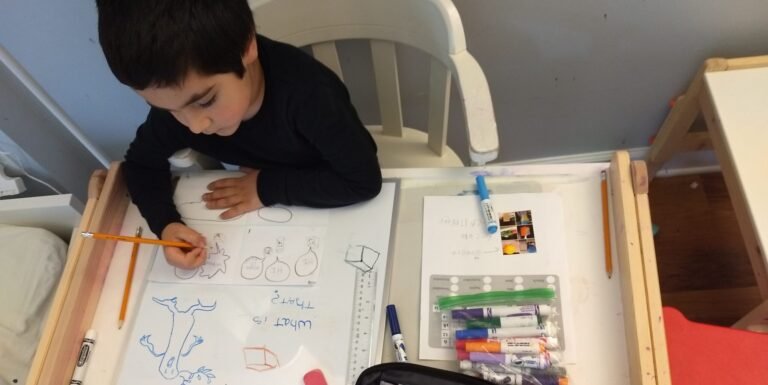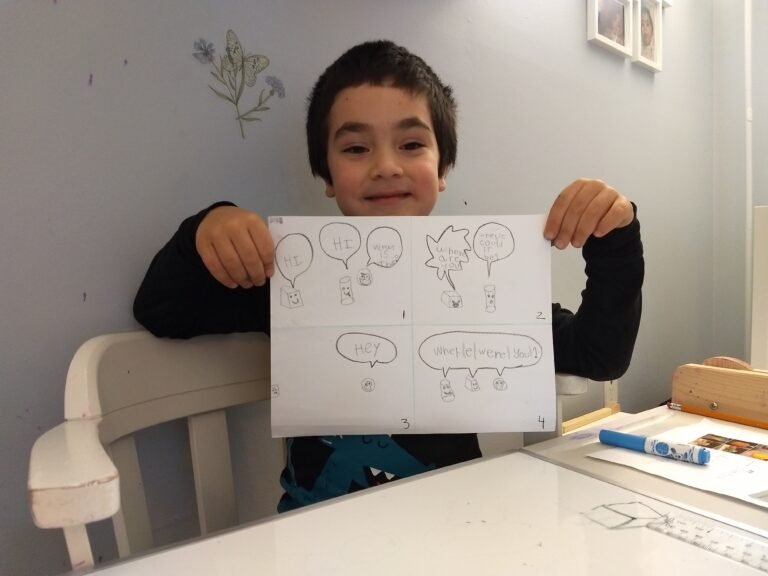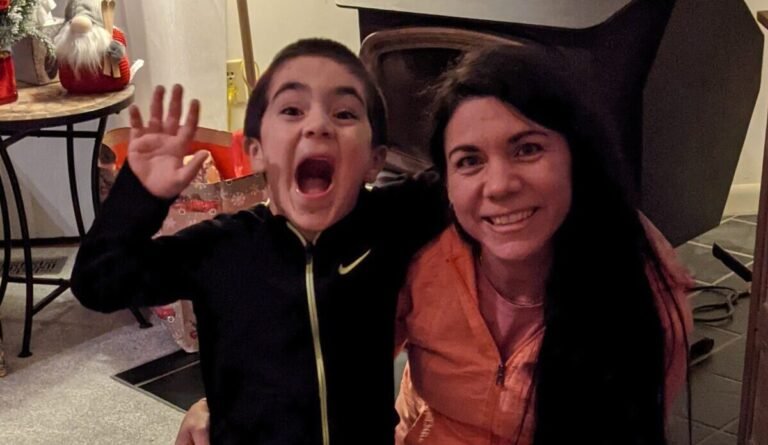We’ve all been in that situation. You’re trying to get out the door, and your three-year-old insists on putting on their own shoes. You watch as they struggle, putting the left shoe on the right foot, fumbling with the Velcro. Every instinct screams, “It’s faster if I just do it!” It’s a moment where a parent’s need for efficiency clashes directly with a child’s powerful drive for independence.
That passionate cry of “All by myself!” isn’t a challenge to your authority, but a declaration of growing competence. For a young child, the world is a giant puzzle they are desperate to solve. By stepping back and allowing them to try, we give them something far more valuable than a few saved minutes: we give them a sense of their own strength.
The Purpose Behind Children’s “Work”
At The Chipmunk’s Jump, we believe that responsibility isn’t a chore to be endured, but a game to be mastered. Dr. Maria Montessori built her entire educational model around this idea, calling these activities “Practical Life.” She observed that children crave purposeful work. When a child carefully pours water from a small pitcher into a cup (even if some spills), they aren’t just making a mess. They are developing concentration, refining motor control, and learning cause and effect. As Montessori famously stated, “Never help a child with a task at which he feels he can succeed.”
Similarly, children don’t have a “chore chart”; they simply participate in the life of the home. They help knead dough, wipe the table, and fold napkins because that’s what they see the adults they love doing. This work isn’t separate from play—it is a form of play, rich with meaning and connection. It sends a powerful message: “You are a valuable, contributing member of our family.”
Of course, embracing this path requires a shift in our adult mindset. The only real obstacles are our own habits: our rush for speed and our desire for impeccable order.
- The Challenge of Time: It will take your four-year-old ten minutes to do what takes you thirty seconds. That is a fact.
- The Challenge of Mess: Spills will happen. The tower of blocks will be put away unevenly. The socks will be mismatched.
- The Challenge of Patience: It requires deep breaths and a focus on the long-term goal over short-term convenience.
But the rewards vastly outweigh these challenges. Research from institutions like Harvard University’s Center on the Developing Child consistently shows that a sense of competence is a foundational building block for lifelong mental health. When children successfully master a real-world skill, they internalize the belief that they can affect their environment and solve problems. This builds resilience and a robust sense of self that rote learning simply cannot replicate.
Making Responsibility Fun: Where to Start
So, how do you transform the daily routine into an adventure in capability? It’s simpler than you think. The goal isn’t perfection; it’s participation.
- Start small. Don’t ask them to clean their whole room. Ask them to put their teddy bear back on the pillow. Or to place their own plastic cup in the sink after a meal. Success is a powerful motivator.
- Prepare the environment. Give them the right tools for the job. A small, child-sized broom, a low stool to reach the sink, or a small pitcher for pouring their own milk makes the task achievable rather than frustrating.
- Frame it as “helping.” Use language that emphasizes teamwork. “Can you help me by setting the napkins on the table for our family?” feels very different from “Go set the table.” It reframes the task from a demand to an invitation.
- Focus on effort, not outcome. When your child proudly shows you the shirt they “folded” into a crumpled ball, resist the urge to immediately refold it. Instead, say, “Thank you so much for your help! You worked hard on that.” You can always straighten it out later. The feeling of accomplishment is what matters right now.
- Make it a game. Can they “feed” the laundry basket their socks? Can they sort the silverware into the tray (a great matching game!)? Can they be the “official door holder” while you bring in the groceries?
Here, we see firsthand how these small moments of responsibility build children who are not just prepared for school, but for life. They learn that their actions matter and that they are strong enough to make a difference. The next time your child fumbles with their shoes, take a breath. You’re not just watching them put on shoes; you’re watching them build the foundations of a confident and capable human being.



